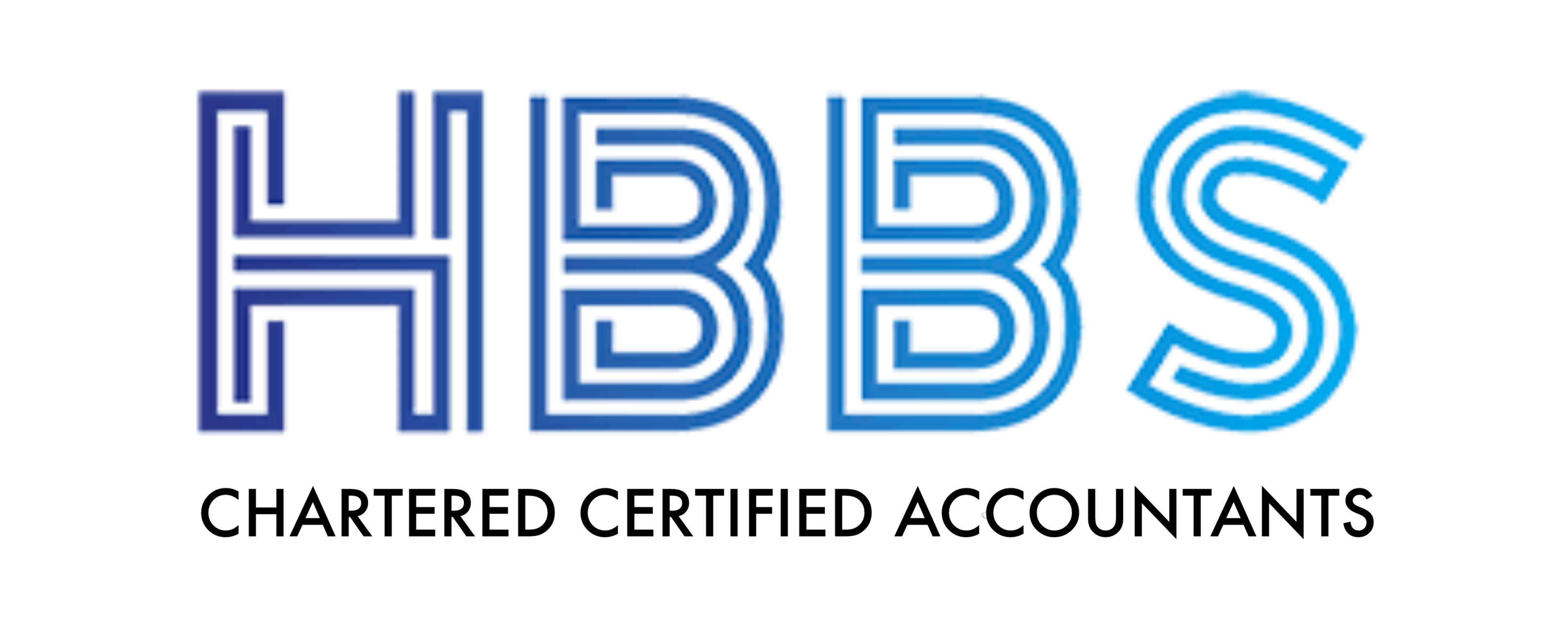HMRC SDLT Scam Warning, Small Business Late Payment Crackdown, and Economic Confidence Slumps
Enews – 8 August 2025
In this week’s Enews, HMRC warns homebuyers over bogus SDLT claims. There is also news on the government’s crackdown on late payments and the latest economic confidence indicators to update you on.
- Homebuyers get bogus SDLT claims warning
- Crackdown on late payments launched in plan to back small businesses
- Economic confidence plummets to all-time low
Homebuyers get bogus SDLT claims warning
Homebuyers are being warned to avoid Stamp Duty Land Tax (SDLT) scams, following a landmark Court of Appeal decision.
HMRC is warning buyers to be vigilant of tax agents offering to secure (SDLT) repayments on their behalf where repairs are needed to a property they have bought.
Some agents have suggested that, for a fee, they can reclaim SDLT the buyer has already paid by saying that the property is non-residential because it’s uninhabitable.
But HMRC says that making claims of this kind often leave the homeowner liable for the full amount of SDLT, plus penalties and interest.
A recent Court of Appeal judgment in the case of Mudan & Anor v HMRC has confirmed that housing in need of repair is chargeable at the residential rates of SDLT, and that repayment claims based solely on a property’s condition are not valid.
HMRC says it is taking decisive action on spurious SDLT repayment claims, using civil and criminal powers.
Anthony Burke, HMRCs Deputy Director of Compliance Assets, said:
‘The Court of Appeal’s decision is a major win, protecting public funds. Homebuyers should be cautious of allowing someone to make a SDLT repayment claim on their behalf. If the claim is inaccurate, you could end up paying more than the amount you were trying to recover.’
Internet link: HMRC press release
Crackdown on late payments launched in plan to back small businesses
The government is set to tackle late payments to businesses with significant legislative reforms.
Late payments cost the UK economy £11 billion a year and shut down 38 businesses every day, according to the government.
The new laws are set to give stronger powers to the Small Business Commissioner to empower them to wield fines, worth potentially millions of pounds, against the biggest firms who persistently choose to pay their suppliers late.
Following the legislation, the UK will have the toughest late payments laws in the G7, the government added.
The legislation is part of reforms to back small businesses and unlock growth as part of the Plan for Change.
Business and Trade Secretary Jonathan Reynolds said:
’This country is home to some of the brightest entrepreneurs and innovative businesses in the world, and we want to unleash their full potential by giving them back time and money to do what they do best – growing our local economies.
‘Our Small Business plan – the first in over a decade – is slashing unnecessary admin costs, making it easier for businesses to set up shop and giving SMEs the financial backing they need.
‘This is our Plan for Change in action, putting more money in people’s pockets, boosting local communities and ensuring Britain is a great place to do business and thrive.’
Internet link: GOV.UK
Economic confidence plummets to all-time low
Economic confidence amongst the UK’s business leaders has dropped to an all-time low, according to data from the Institute of Directors (IoD).
The IoD Directors’ Economic Confidence Index, which measures business leader optimism in prospects for the UK economy, fell to -72 in July 2025 from -53 in June.
This exceeds the previous record low of -69 in April 2020 and marks the lowest reading of the Index since its introduction in July 2016.
Business leader confidence in their own organisations also fell to -9 in July 2025, from +3 in June. This is the second lowest reading of this indicator since its introduction in July 2016.
Anna Leach, Chief Economist at the IoD, said:
‘UK business leaders have entered the summer with the lowest confidence levels we’ve seen since our records began in 2016.
‘Companies continue to battle cost increases – particularly arising from the national minimum wage and National Insurance changes – and many are frustrated that while the government has been quick to raise costs for business, it has been much slower to deliver improvements to the wider business environment.
‘Last year, damaging speculation around tax rises in the lead-up to the 2024 Budget caused many firms to pause investment and hiring decisions – contributing to six months of near-zero economic growth. We’re now living with the economic consequences of those tax hikes, even as uncertainty around future costs once again builds.’
Internet link: IoD website








